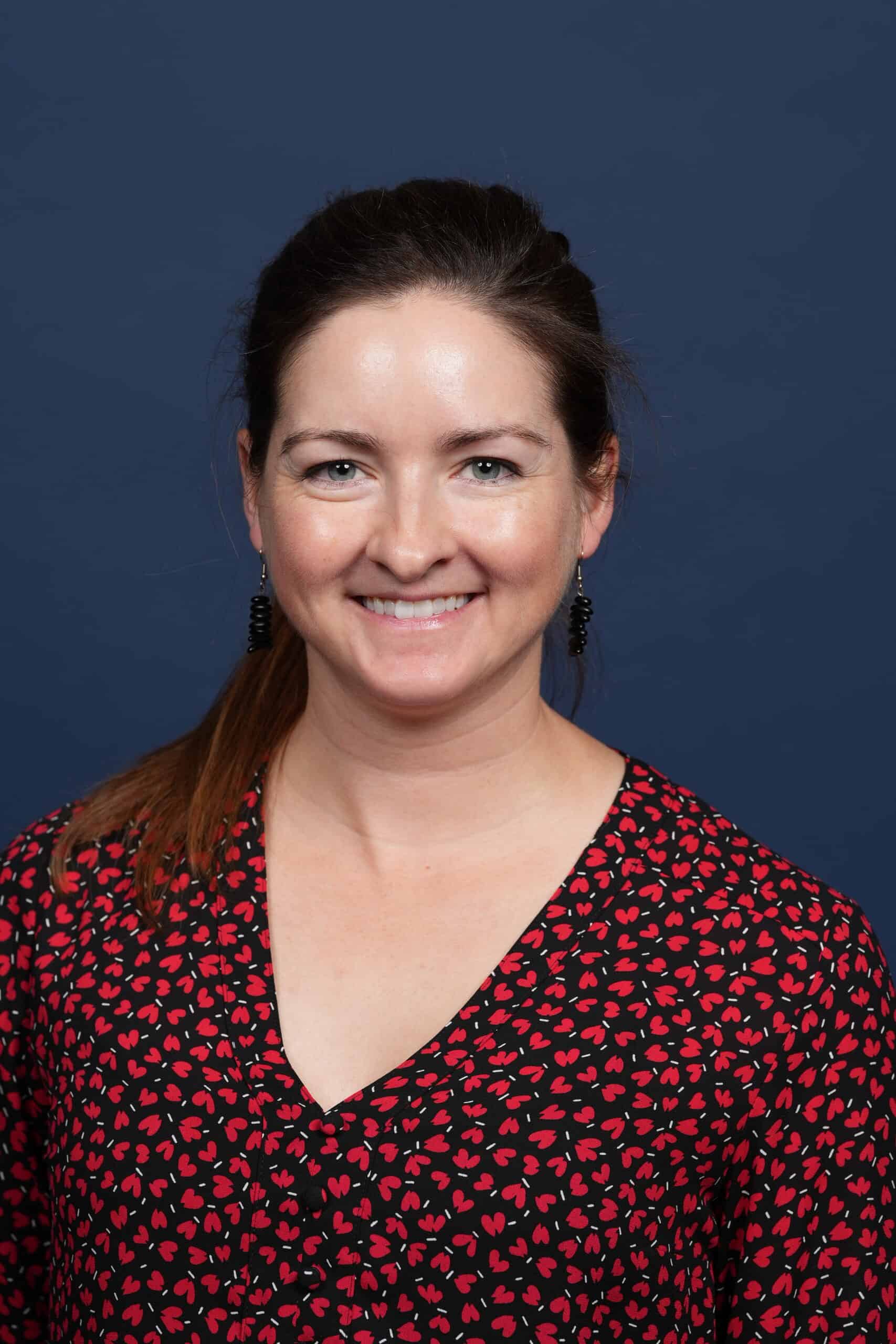Are We Overlooking EOTRH in Senior Horses?

Veterinarians and researchers have only recently described a dental disorder called equine odontoclastic tooth resorption and hypercementosis (EOTRH) that affects older horses’ incisors and canines. Because this disease comes on slowly and insidiously, many owners and their vets don’t pick up on it until it’s in its late—and painful—stages. So Padraic Dixon, MVB, PhD, Dipl. EVDC(Equine), FRCVS, chair of equine surgery at The University of Edinburgh’s Easter Bush Veterinary Centre, in Midlothian, U.K., described how to recognize EOTRH at the 2018 British Equine Veterinary Association Congress, held Sept. 12-15 in Birmingham, U.K.
What Is It?
Characterized by resorption of the tooth’s hard, calcified tissues (cementum, dentin, and enamel) and, initially, EOTRH is similar a common dental resorption disorder seen in cats and sometimes in humans. Resorption occurs when odontoclasts—the cells responsible for resorbing the roots of deciduous (baby) teeth during eruption of permanent teeth—become overactive and unregulated (somewhat similar to osteoporosis in older people, said Dixon).
“The horse’s own cells destroy the teeth,” he said. “Odontoclasts can remove or destroy the three tissues (enamel, cementum, dentin) and even the pulp
Create a free account with TheHorse.com to view this content.
TheHorse.com is home to thousands of free articles about horse health care. In order to access some of our exclusive free content, you must be signed into TheHorse.com.
Start your free account today!
Already have an account?
and continue reading.

Written by:
Alexandra Beckstett
Related Articles
Stay on top of the most recent Horse Health news with












